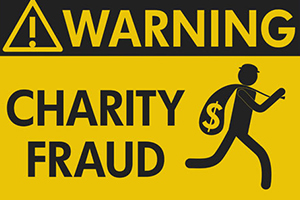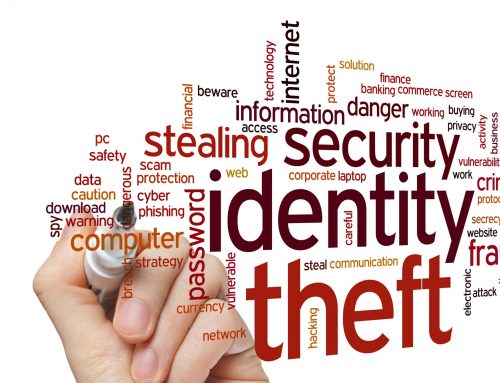
With so many people in need because of the diverse impacts of COVID-19, the opportunity for scammers to take advantage of the good giving nature of people is high. One of those ways is to trick folks for money and their identity by representing a fake charity. Though scammers can be quite convincing, there are steps that you can take to avoid being a victim.
1. Do Your Research
Before you give to a charity, especially one that approached you first, do some digging to ensure that the organization is real and one that you want to support.
2. Include Key Search Terms
A good practice for fact-finding online is to type into your search engine the charity name and some extra keywords such as “scam” or “complaints”. This can help to verify if the charity is legitimate or if there are others who have complained then you know to avoid supporting the organization.
3. Look for Red Flags
Some typical warning signs to look for include being approached by the charity instead of you seeking them out. Also, if someone calls you and tries to pressure you to give money immediately, that’s a definite sign. Real charities won’t pressure you instead they will be warm to you and understanding.
4. Be Wary of Certain Payment Methods
Be careful if the charity is asking that you pay with a gift card, cash or wire transfer. These are common payment method requests by scammers because they are the most difficult to trace. A reputable charity will offer secure payment options.
5. Ignore Bogus Thank You Emails
Often times, scammers will try to trick you into thinking that you’ve already given to their organization by sending you an email that “thanks” you for your previous support. Be suspicious of these types of emails. If you don’t remember and can’t confirm past support, then it’s likely that this was a fake email.
6. Be Cautious of Emails
Email is the preferred method of communication by many scammers so be cautious when you receive an email from an organization you don’t recognize and also from ones that you do. They may not be who you think they are.
7. Donate Directly
The best method for charitable giving is to reach out directly to the organization of your choice. This will ensure that you are talking with the real charity that you desire. Always be cautious when you’ve been approached first.
8. Guard Your Personal Information
Never provide your financial information or personal information such as your mother’s maiden name from anyone saying they are from a charity. Legitimate charities won’t ask for your bank account information or credit card numbers by phone or through email.
9. Don’t Open Emails with Attachments
You should never open an email that contains attachments from senders who you don’t recognize. These attachments often contain viruses and malware that can infect your computer.
Contact us for questions about your charitable contributions or to schedule a complimentary financial review.




